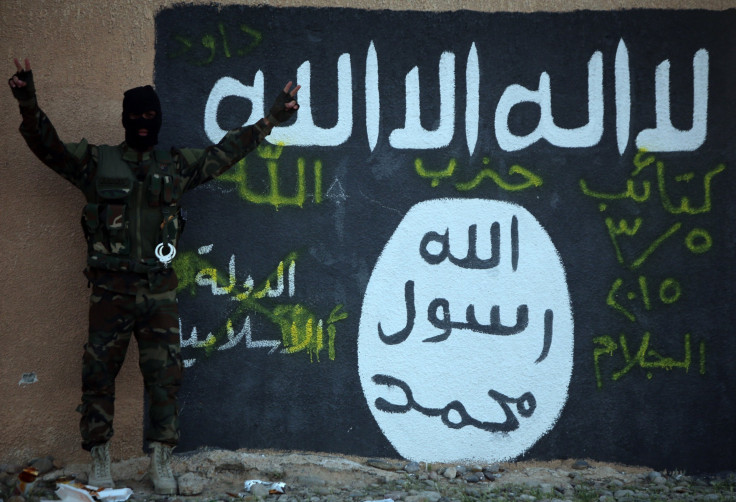Is ISIS Using Chemical Weapons In Syria? Chances Are 'Very High,' Russian Foreign Ministry Says

The probability was “very high” that the Islamic State group has been using chemical weapons such as sarin gas in attacks in Syria, the Russian Foreign Ministry’s leader said Tuesday, reported Russian news agency Sputnik International.
“Several times, we have noted facts of the probable use of chemical weapons by IS militants, and in a broader sense by Islamic radicals, beginning with the attack in [the Syrian city] of Khan al-Assal in March 2013 against government forces,” said Mikhail Ulyanov, head of the nonproliferation unit for the Russian foreign ministry, using another acronym for the group.
ISIS arose out of the chaos of an ongoing civil conflict in Syria that began in 2011 when anti-government protests turned violent. The militant organization, also known as ISIS or Daesh, has looked to impose Islamic law on vast swathes of Iraq and Syria while also attempting to depose Syrian President Bashar Assad.
Militants have also used various terror tactics including massacres, suicide bombings and at least one incidence of mustard gas — an illegal chemical weapon under the Geneva Protocol. ISIS has also carried out attacks on a variety of targets outside of Iraq and Syria, including in Paris, Beirut and on a Russian passenger plane in the Sinai Peninsula of Egypt.
While many U.S. officials have been skeptical of ISIS’ ability to create or secure chemical weapons, arguing that the terrorists were more likely to harm themselves in the process, other defense sources said that securing weapons would not be very difficult.
"Even a few competent scientists and engineers, given the right motivation and a few material resources, can produce hazardous industrial and weapons-specific chemicals in limited quantities," said retired Lt. Gen. Richard Zahner, who had served as a top military intelligence official during the Iraq War in the early 2000s.
© Copyright IBTimes 2025. All rights reserved.





















